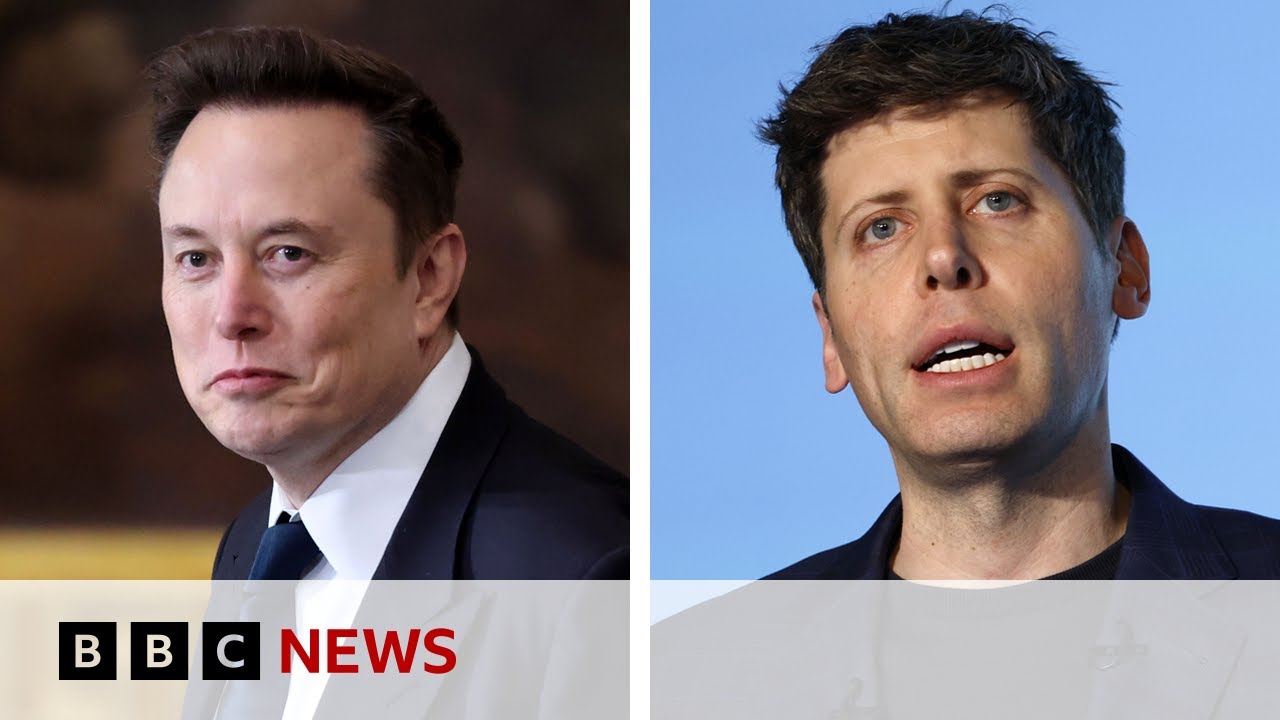Sam Altman, CEO of OpenAI, rejected a $97 billion acquisition offer from Elon Musk, humorously suggesting that OpenAI would rather buy Twitter for $974 billion, indicating a firm stance against Musk’s proposal. This rivalry raises questions about the influence of key figures in the tech industry and coincides with ongoing discussions about ethical AI practices at a major conference in Paris, where the US and UK have not signed a significant agreement on AI governance.
In a recent development in the tech industry, Sam Altman, the CEO of OpenAI, has rejected a $97 billion acquisition offer from Elon Musk. Altman publicly dismissed the bid on social media platform X, humorously suggesting that OpenAI would instead consider purchasing Twitter for $974 billion. He also communicated to OpenAI’s board and staff that the company has no interest in Musk’s proposal, indicating a firm stance against the overture.
The exchange between Altman and Musk highlights a deeper rivalry between the two tech figures. Johnny Penn, an author and ethics professor at Cambridge University, suggests that Musk’s intentions may be to increase the perceived value of OpenAI’s nonprofit arm. By doing so, Musk could potentially complicate OpenAI’s growth trajectory and financial obligations, as many of Musk’s investors are also involved in AI ventures, including his own company, xAI.
Musk’s actions appear to be a strategic move to slow down OpenAI’s progress, which could benefit his own business interests. This rivalry underscores the significant influence that a few individuals, like Musk, wield in the tech sector, extending even into political realms. The ongoing competition between Musk and Altman raises questions about the future of AI development and the power dynamics within the industry.
The backdrop of this rivalry coincides with a major AI conference in Paris, where discussions about ethical approaches to AI are taking place. Notably, the United States and the United Kingdom have not signed an agreement that was endorsed by several other countries, including France, China, and India. This agreement emphasizes the importance of open, inclusive, and ethical practices in AI development.
The reluctance of the US and UK to sign the agreement may stem from concerns about ideological influences in AI. Critics, including JD Vance, argue that the American approach seeks to create an ideology-free AI, which Penn contends is unrealistic. He emphasizes that knowledge inherently contains ideological components, and as AI is a scaled-up version of knowledge transfer, it will inevitably reflect those ideologies. This ongoing debate highlights the complexities and challenges facing the future of AI governance and development.
